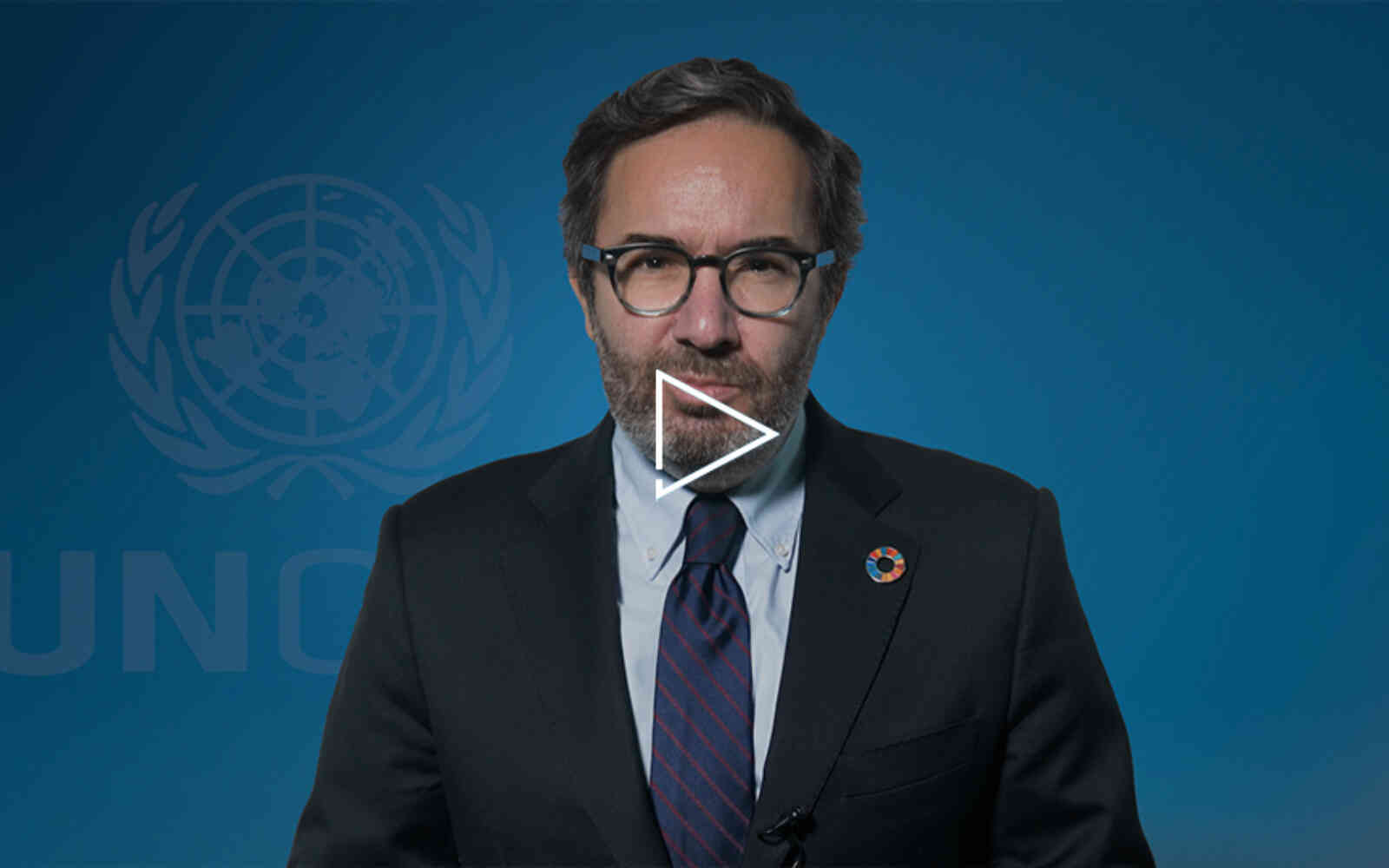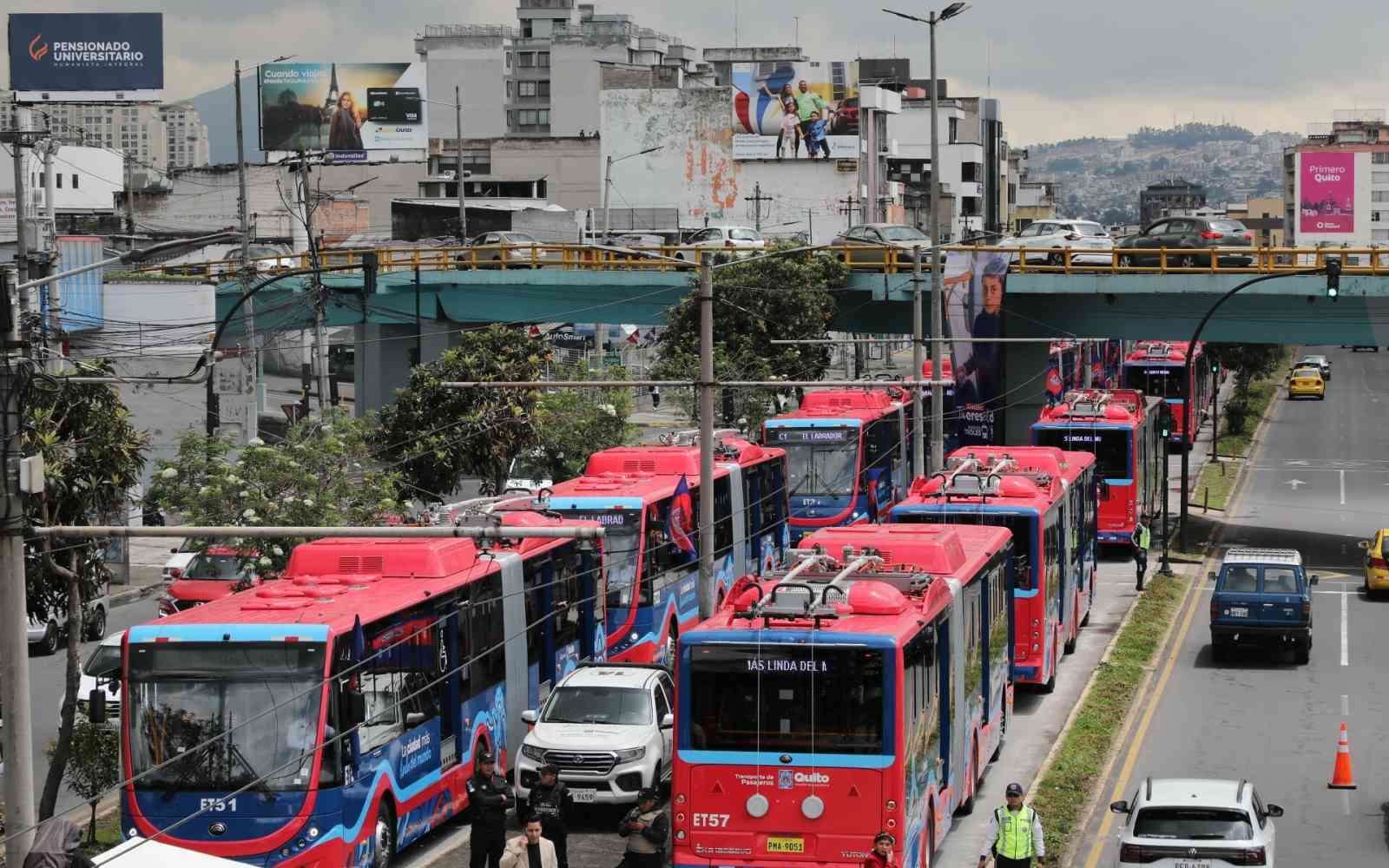The United Nations Office for Project Services (UNOPS)
Forging a long-term relationship with the private sector in achieving the SDGs
Keynote speech by Grete Faremo, Under Secretary General and Executive Director of UNOPS at The Age of Sustainable Innovation Summit, hosted by the British Chamber of Commerce in Denmark, 21 June 2017
[Check against delivery]
Excellencies, ladies and gentlemen,
Good morning, thank you for the invitation.
You ask important questions: How businesses are leveraging the SDGs? Do the SDGs create business opportunities?
One step back: What are the SDGs about? Never before have the challenges in the world been so big, complex and interconnected. But, never has there been such a consensus on the direction where global society as a whole wants to go.
As you probably understand, I’m talking about the 17 Sustainable Development Goals, a universal call to action to end poverty, protect the planet and ensure that all people enjoy peace and prosperity. Reaching these interconnected goals will create a world that is sustainable: environmentally secure; economically prosperous; and inclusive.
The answer is yes, the SDGs create huge business opportunities.
The jury is still out on how and how fast the businesses are leveraging the SDGs. The SDGs are a driver of innovation. The world and the companies cannot afford to continue doing the things the old way.
We have a new EU directive. Companies will have to start report the non-financial information by 2018 (CO2 emissions, social impact, etc.). The investors and the consumers will drive behavioural changes in the business community. We all share huge ambitions – and they are global. We are all in the same boat. Nations will have to mobilize the resources. Private sector will be key and the UN can support.
The UN needs to take a smart role, such as the smart use of ODA to secure inclusion – no one should be left behind. We know we have a challenge in some areas. We know special measures must be taken to include women, children and other vulnerable groups. Investors don’t go easily into these markets. How can we work together to de-risk / mitigate the risks involved to secure a sustainable future for all?
Financing – this is not about ODA.
ODA, provided by the world’s most developed countries, offers a mere fraction of what is needed to achieve the SDGs, with a current shortfall of $2.4 trillion annually only for infrastructure investments. Money might, in fact, still not be the main challenge. But bankable projects where the risks are manageable.
The development community, such as donors, recipient governments and the UN, must move away from simply tackling individual development issues, through donations and stand-alone assistance. Instead, with the establishment of the SDGs, a new paradigm has emerged: It moves away from being relevant for a few isolated actors and towards engaging all of society. It does not merely present colossal challenges, but huge new opportunities. This is a paradigm that doesn’t simply require direct assistance, but new business models and innovative ways of thinking. Development agenda as social challenge.
For now, allow me to inspire you, by highlighting just three challenges across the SDGs, that you could help address:
- 780 million people today lack access to drinking water.
- 2.5 billion people do not have access to adequate sanitation.
- And 1.3 billion people currently live without access to energy – this area requires investments exceeding $200 billion.
To think the national governments - or the UN - could address them alone is simply not realistic. A sustainable future for all means we need market based solutions too.
Smart use of ODA means donors and UN can work together with the private sector to identify and de-risk projects that will be key to create sustainable jobs, provide education and health services to people around the world.
How does UNOPS fit in?
UNOPS understands the private sector well. In fact, we are much like you.
We receive no core funding from donors. UNOPS is unique in the UN family – we are not-for-profit and self-financed, through the services and projects we deliver for partners. We delivered 1.4 billion dollars in services last year, and run pretty much like a private business - one that is fully committed to UN values and our global goals.
We are not involved in policy development, but action. We implement around 1000 projects a year, in more than 80 countries, more than 60% of our turn over is made in some of the world’s most challenging environments, such as Somalia, Mali, South Sudan, Syria, Afghanistan, Myanmar and Haiti.
How does the UN already work with the private sector?
Last year, the UN procured goods and services to a value of $17 billion, in order to deliver aid and humanitarian assistance. Denmark’s private sector is a key UN supplier. Overall, the UN procured $565 million worth of goods and services from Danish businesses – ranking you the 7thlargest country supplying the UN. But as you probably know, being a supplier is just one way the private sector can engage in the new development agenda.
Procurement is only a part of our work. We want to take a step further. We want to work together to share the risks and benefits of implementation the SDGs. This can be achieved by using ODA more strategically, forming partnerships between the UN and the private sector and sharing a common goal.
Implementation / private sector
UNOPS is already forging strong alliances and implementing the SDGs together with the private sector. We have started working in partnership with companies to co-develop solutions and jointly develop projects. This brings experience and knowledge together from all sides. Here we bring new and relevant actors together to try to address the development challenges we face.
Our focus areas are renewable energy, social housing and clean water. IFU and the new SDG investment Fund here in Denmark are examples of how ODA can be used smartly and catalytically to attract private partners. UNOPS works to attract big institutional investors, pension funds and is ready to put some of our own limited resources into projects to show we are serious. These partnerships will help in de-risking and hopefully help turn a “no” to a “yes” to invest in these projects in emerging markets.
The principle is clear. We ask:
- Why not scale up government aid instruments that stimulate private investment and company engagement?
- Why not establish more mechanisms that provide entry points for the private sector to be a part of solving the world’s greatest challenges, as Denmark has shown?
- Why not utilize the strength of each partner?
The value UNOPS can bring is a strong local presence and practical experience in all developing countries where we can work with governments, in order to help mitigate regulatory risk and create the right ecosystem for private investment.
Entrepreneurship has always been driven by demand, coupled with curiosity, determination and of course a bit of a business mind.
While the SDGs reflect unfilled needs, and great inequalities and injustices, but if you turn them around and consider entrepreneurship and innovation they present opportunities.
Opportunities to help improve education, health, food security, jobs, and prosperity for the people and the planet. And, they also represent opportunities for your products, services and new innovative business models to fill needs beyond traditional markets.
The SDGs are a wakeup call for businesses: Regarding the markets you target; the partnerships you forge; and most of all, the values the businesses represents.
Sustainable development goals are our goals. Global challenges affect businesses, as well as countries and communities. It’s in all our interests to address these challenges together.
Thank you.












